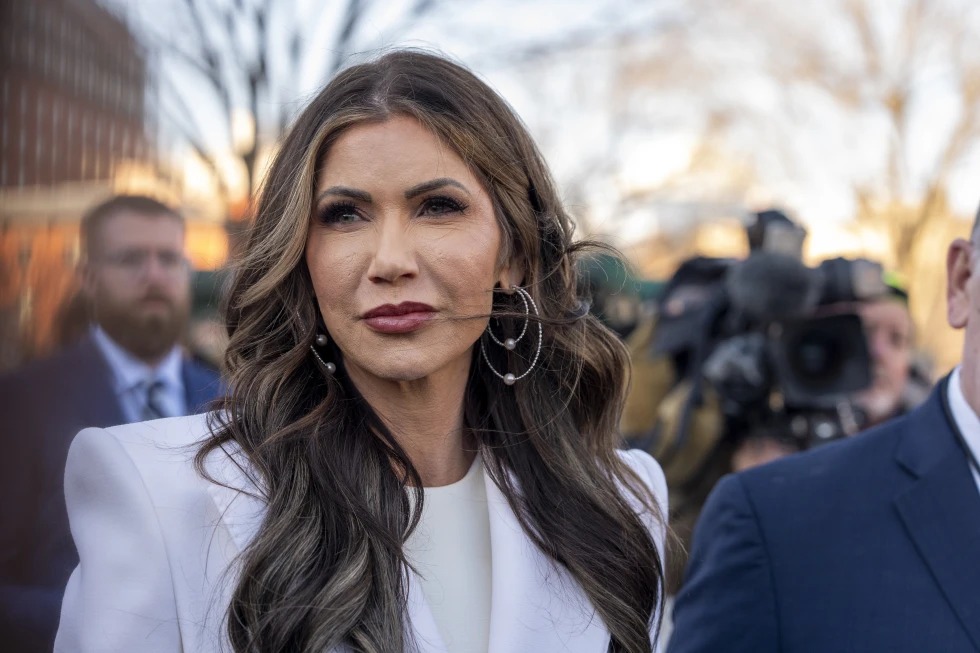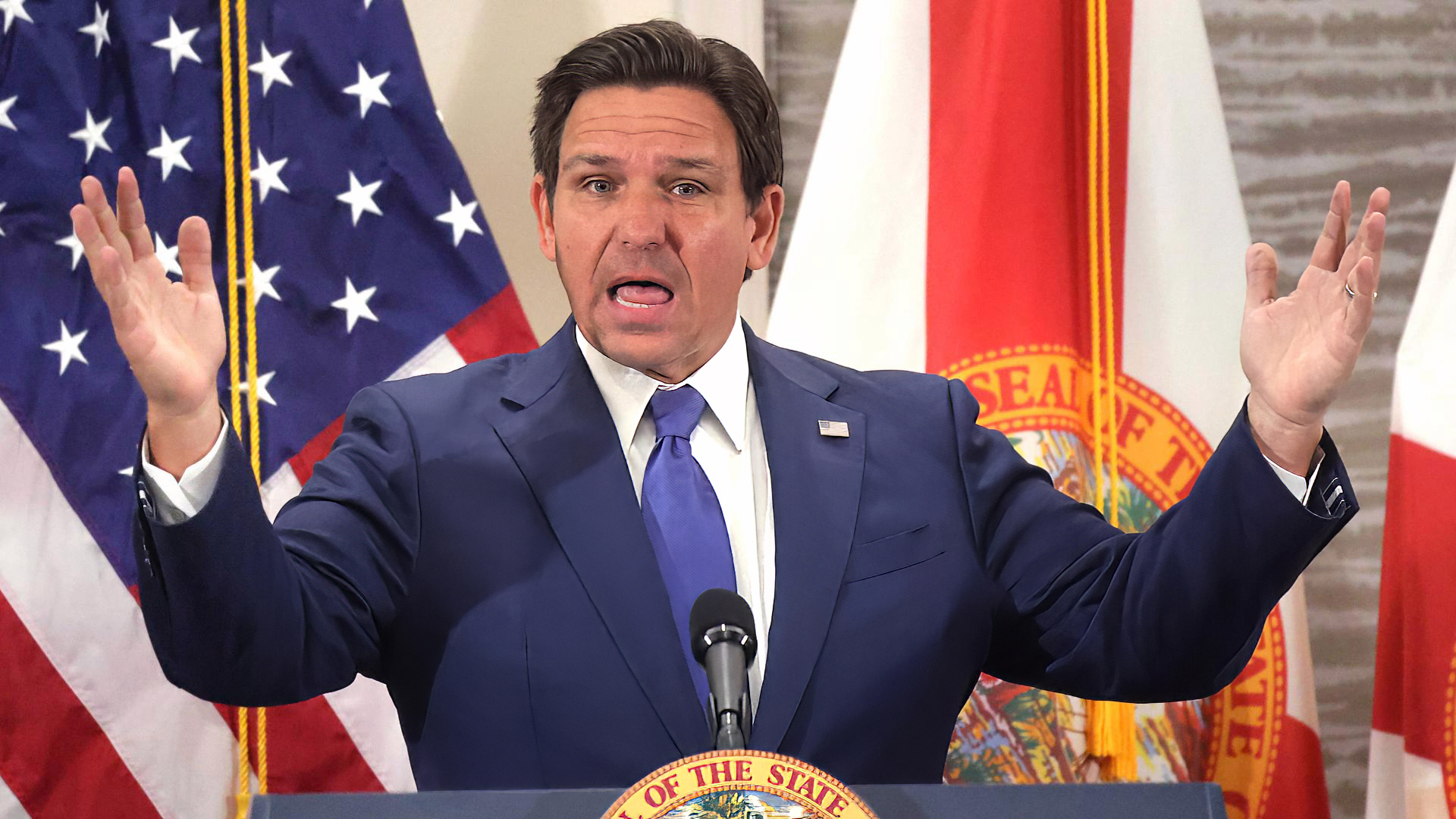President Donald Trump’s administration is ending protections that shielded roughly 350,000 Venezuelans from deportation, leaving them with two months before they lose their right to work in the U.S.
Homeland Security Secretary Kristi Noem’s order affects 348,202 Venezuelans living in the U.S. with Temporary Protected Status (TPS) slated to expire in April. That’s about half of the approximately 600,000 who have the protection. The remaining protections are set to expire at the end of September.
The termination notice will be published Wednesday and go into effect 60 days later.
It’s among the latest Trump administration actions targeting the immigration system, as officials work to make good on promises of cracking down on people illegally living in the country and to carry out the largest mass deportation effort in U.S. history.
Congress created TPS in 1990 to prevent deportations to countries suffering from natural disasters or civil strife, giving people authorization to work in increments of up to 18 months. About 1 million immigrants from 17 countries are protected by TPS. Venezuelans are one of the largest beneficiaries.
In the decision, the Department of Homeland Security said conditions had improved enough in Venezuela to warrant ending protective status. Noem also said that the TPS designation had been used to allow people who otherwise didn’t have an immigration pathway to settle in America.
“The sheer numbers have resulted in associated difficulties in local communities,” the Secretary’s decision says. She also cited members of the Venezuelan gang Tren de Aragua as among those coming to the U.S.
The gang originated in a lawless prison in the central state of Aragua more than a decade ago but has expanded in recent years as millions of desperate Venezuelans fled President Nicolás Maduro’s rule and migrated to other parts of Latin America or the U.S.
During his campaign, Trump repeatedly hammered at dangers posed by the gang, sparking criticism that he was painting all immigrants as criminals.
The TPS designation gives people legal authority to be in the country but doesn’t provide a long-term path to citizenship. They are reliant on the government renewing their status when it expires. Critics have said that over time, renewal of status becomes automatic, regardless of what’s happening in the person’s home country.
In the waning days of the Biden administration, Noem’s predecessor, Alejandro Mayorkas, extended the protections for Venezuelans until October 2026.
But Noem revoked that decision.
The U.S. doesn’t have diplomatic relations with Venezuela, limiting deportation options. But Trump administration says it has made securing deportations to Venezuela a top goal. On Friday, his envoy for special missions, Richard Grenell, traveled to Venezuela and met with Maduro. Six American prisoners there were released following the meeting.
After the visit Trump, wrote on his social media site Truth Social that Venezuela agreed to receive back their citizens, potentially breaking the deportation logjam.
Venezuela’s government has so far not confirmed that they will take back their citizens.
Trump took similar steps during his first term when he tried to end Temporary Protected Status for people from El Salvador, Haiti, Honduras, Nepal, Nicaragua and Sudan. But immigration advocacy groups sued, keeping the restrictions from being pulled.
The news of the termination notice was first reported by The New York Times.
___
Republished with permission of The Associated Press.
Post Views: 0

 Entertainment8 years ago
Entertainment8 years ago
 Entertainment8 years ago
Entertainment8 years ago
 Politics8 years ago
Politics8 years ago
 Tech8 years ago
Tech8 years ago
 Tech8 years ago
Tech8 years ago
 Tech8 years ago
Tech8 years ago
 Politics8 years ago
Politics8 years ago
 Tech8 years ago
Tech8 years ago








